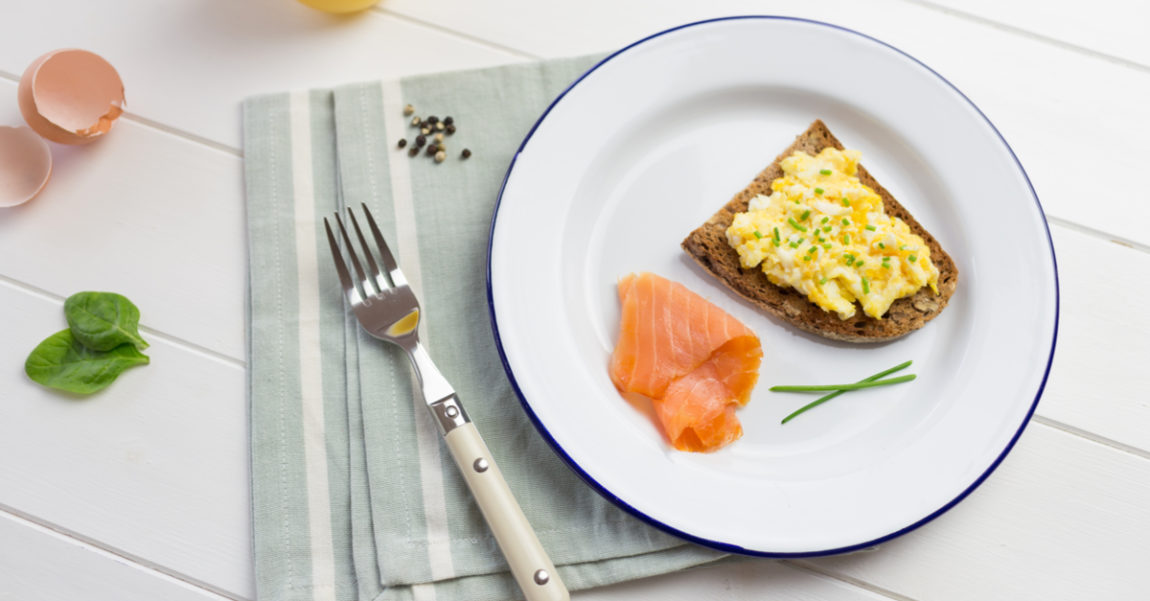
The Importance of Protein After Weight Loss Surgery
Weight loss surgery is the beginning of a new phase of life and marks many changes – including the way you eat. Diets must be modified following bariatric surgery to make sure patients receive enough nutrients as they lose weight. One of the important nutrients that weight loss surgery patients must be aware of is protein. A protein-rich diet is essential for avoiding deficiencies and achieving healthy weight loss after surgery.
Why is a Protein-Rich Diet after Weight Loss Surgery Important?
The body needs to take in extra protein to maintain muscle mass during periods of rapid weight loss. The amount of food you can eat during a meal is greatly reduced after surgery. This can make it difficult to get enough of the nutrients your body needs – particularly protein.
Protein-rich diets offer many benefits to post-surgery patients, including:
- A feeling of fullness
- A replacement of carbohydrates and fatty foods
- It is associated with better insulin sensitivity
Proteins are involved in important weight loss processes like metabolism, digestion, maintaining hydration levels, muscle contraction and transportation of nutrients. Because the body doesn’t store protein, it is essential to consume enough on a regular basis or the body will suffer.
The Risk of Protein Deficiency
Weight loss patients are at a higher risk for protein deficiency. The greatly reduced amount of food, inadequate nutrition and vomiting as the body adjusts to the new way of functioning can contribute to this problem. Depending on the procedure, you may be more or less at risk for deficiency. Carefully following your surgeon’s recommendations for food intake after surgery can help you avoid protein deficiency.
How Much Protein Do Patients Need?
Most weight loss people need between 60-80 grams of protein daily. This amount may vary depending on the specific procedure, complications, medical conditions, activity levels and other factors. Some need as much as 100 grams of protein per day. Your dietitian will provide guidelines for your particular needs. It’s important to continue to meet with your surgeon and weight loss team to assess your protein intake and requirements.
Using Protein Supplements
During the initial postoperative phase, most people are on a liquid-only diet for a period of time. Protein supplements are often the majority of the calories consumed during this phase. As intake of whole foods slowly resumes, the need for protein supplements declines.
However, using protein supplements is beneficial any time you can’t get enough from food alone. Look for supplements that contain all nine essential amino acids (IAA). These amino acids make up proteins and the body can’t produce them so they have to come from the diet. Whey, casein, egg whites and soy protein supplements are also good choices.
Protein-Rich Foods
There are many options for protein-rich foods. Animal sources of protein contain all of the IAA, while vegetarian sources do not. It’s essential for vegetarians to consume a variety of protein-rich foods to make sure they get the full complement of IAA. Examples of protein-rich foods include:
- Meat
- Poultry
- Eggs
- Fish
- Milk
- Tofu
- Beans
- Lentils
- Tuna
- Cod
- Grains
- Mushrooms
- Shrimp
- Cheese
- Soybeans
- Seeds
Spread your protein consumption throughout the day. Protein helps you feel full longer, so eating a little with each meal or snack not only helps you get all the protein you need, but also helps you feel less hungry between meals.
Tips for Protein Intake
Sometimes it can be difficult to get enough protein from your diet while adjusting to your new eating style. Here are some final tips:
- Eat protein sources first before getting full
- Choose lean protein sources that offer high nutrient value with a low calorie content, such as grilled turkey or chicken
- Use protein shakes or protein supplements to balance out protein intake
- Include protein in every meal and snack during the day
Developing a new way of eating after bariatric surgery can be challenging, but it’s crucial for your health and weight loss. A high-protein diet is an essential part of healthy weight loss following surgery.
If you found this article helpful, take a look at, “Diet Before and After Weight Loss Surgery.”
